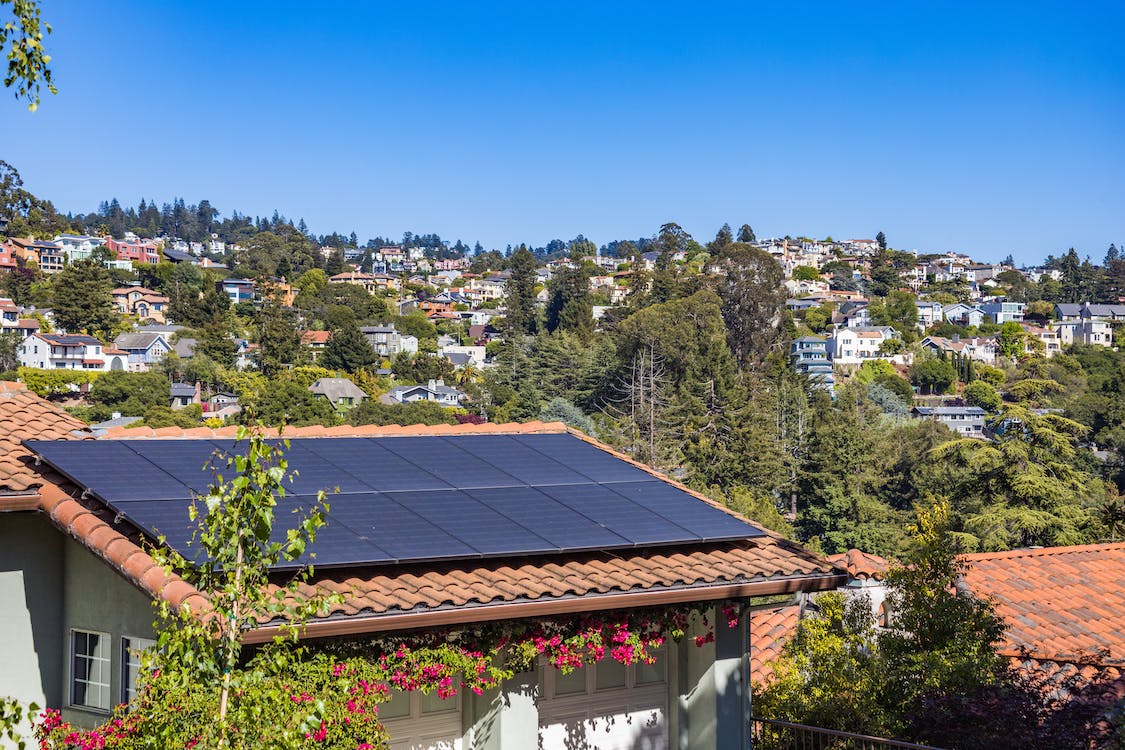Energy Minister George Papanastasiou dismissed solar panel installers’ concerns on Monday regarding the “Photovoltaics for all” plan, which is set to launch next year.
Installers had earlier expressed concerns that they would be faced with an “unfeasible financial burden” should the plan go ahead, but Papanastasiou was quick to hit back while speaking at an event to launch “Industry Week”.
“We disagree, because we have made comparisons, we know the market prices for this system, with these specifications and guarantees,” he said.
He added that the government has “tentatively” set the purchase price for photovoltaics under the scheme at €1,325 per kilowatt.
This, he said, is above the purchase prices he has seen abroad, which is around €900. He added that this higher price will “give enough margin to make [the scheme] viable for all installers, even for the smallest companies”.
To this end, he said there has also been “a lot of interest” from installers based in other countries.
He added that he would hold a meeting with the association of renewable energy companies (Seapek) in the coming days to iron out their issues.
“Of course we will see them, but I am telling you that €1,325 gives enough headroom for installers not to face liquidity issues,” he said.
Earlier, the plan had come under fire from Seapek. Director Fanos Karantonis attacked the energy ministry, claiming that no proper consultation with PV installers had been carried out regarding the plan’s framework.
The result spells a liquidity problem for the companies and an unfeasible financial burden, Karantonis said.
On July 20 Energy Minister George Papanastasiou outlined a revised version of the plan, stating that the broader public would be able to apply for a rooftop system, then repay it via instalments to the electricity authority (EAC) – the implementing organisation.
The plan provides for no initial capital from approved participants, who will effectively enter into a loan contract with the energy ministry and the EAC, for amounts of up to €7,000. This amount is to cover the installation of a PV system and its connection to the grid but not batteries.
The fact that no money is demanded upfront and that beneficiaries are to repay via the EAC through bi-monthly bills is a significant problem for small and medium sized PV companies contracted to install the systems, the Seapek director said.
“The intervening time [between installation and repayment] can be eight to ten, or 12 months. The installers cannot even contribute to this social measure [let alone] shoulder the financial burden of [it],” Karantonis said.
Moreover, since the announcement of PVs for All, demand for installation has in fact declined, while consumers await the more favourable conditions that the plan seems to promise.
“This plan does not increase demand. Over the past two to three years, installation rates had risen to 10,000 installations per year. The plan won’t add to the ten thousand, but [will instead divert] six out of the ten thousand,” Karantonis claimed.
He also charged that a €5,000 cap for a 4KW system, under deliberation at the ministry, would not be sufficient for covering the costs of installation, which amount to €500 to €1,000 more.
“The [state agencies] assume that they [are giving] us a gift [but are instead] leaving the burden of the cost to be shouldered by the installer. [The plan is not] PVs for everyone but for those in greatest need, and it must be implemented in such a way so that it’s not attractive for everyone,” Karantonis concluded.
EAC spokesperson Christina Papadopoulou outlined to the Cyprus Mail that eligible applicants would get a ‘loan’ – tentatively up to €6,000 or €7,000 – for the PV system through the energy ministry funded by the EU resilience and recovery fund.
With that capital they would order and install a system. Once it gets certified by a technician and hooked up to the grid, the first repayment would kick in – on the regular bills issued by the EAC.
Sources estimated that anywhere from 20,000 to 30,000 households would be eligible to apply.
Karantonis said the association was waiting to discuss the situation at a meeting with the energy minister within the next several days.







Click here to change your cookie preferences